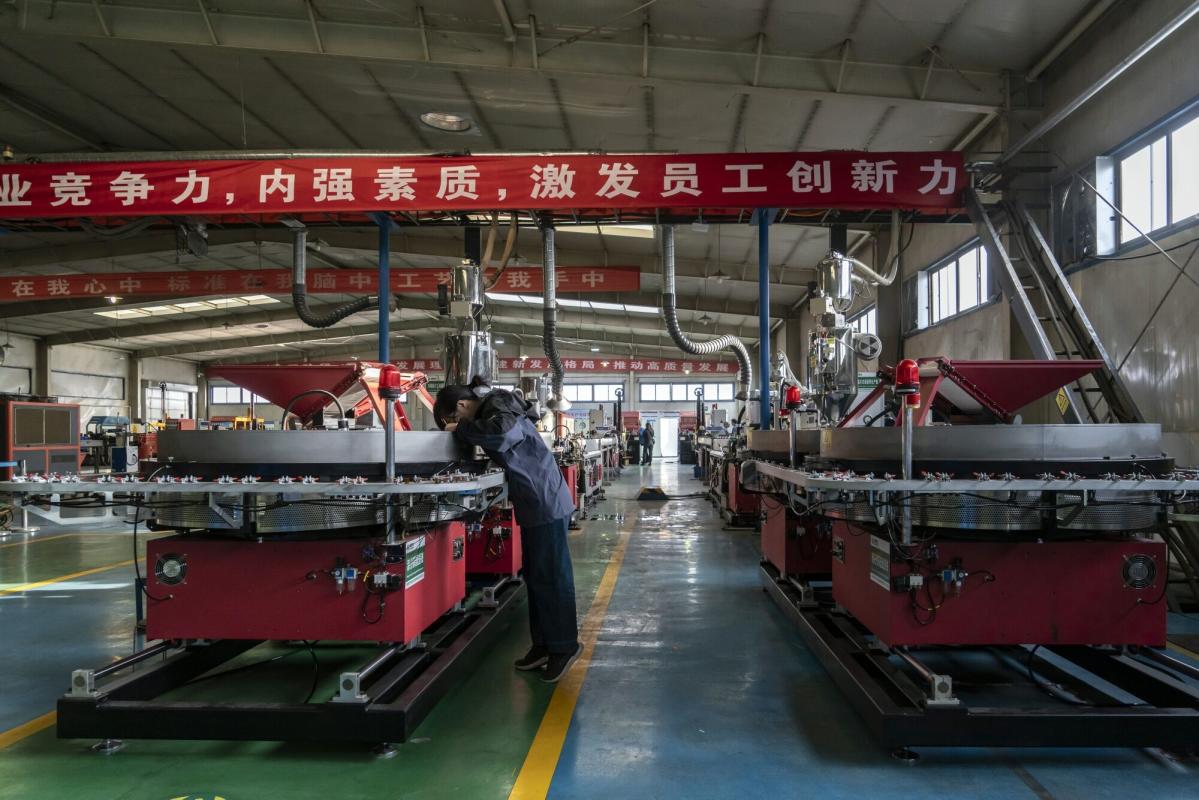(Bloomberg) — The dollar surged and stocks plunged after US President Trump’s tariffs unleashed a fresh wave of chaos in global markets.
Most Read from Bloomberg
A gauge of the dollar jumped 1%, set for the biggest gain since the start of the Covid pandemic, after Trump levied punitive tariffs on Canada, Mexico and China and threatened that he has the euro region in his sights as well.
European and US stock futures slumped, while an index of Asia-Pacific shares dropped the most in nearly six months in response to the punitive measures taken against some of America’s biggest trading partners. Fears the action will stoke price pressures also spurred a rise in two-year US Treasury yields.
The selloff ricocheted across asset classes on Monday, with the euro moving closer to parity with the greenback after Trump said tariffs on EU goods would “definitely happen.” Bitcoin tumbled, while crude oil gained and industrial metals fell.
The rapid escalation in tensions constitutes the most extensive act of protectionism taken by a US president in almost a century, given its knock-on effect on everything from inflation to geopolitics and economic growth. Trump said he plans talks on Monday with Canada and Mexico ahead of the tariffs coming into force. The levies are set to take effect Feb. 4, barring a last-minute deal.
“He seems to be like a poker player who’s betting his whole stash on the first hand,” Steven Englander, global head of G-10 FX research at Standard Chartered Plc, told Bloomberg TV on Monday. “The market just wasn’t prepared for it.”
Driving the rally in the dollar is the expectation that tariffs will fuel inflationary pressures and keep US interest rates elevated, while also hurting foreign economies more than the US and adding to the greenback’s safe-haven lure.
The Canadian dollar sank to its weakest since 2003. Emerging market currencies such as the Indian rupee and the Mexican peso also posted losses, while South Africa’s rand weakened after Trump criticized the country’s land expropriation policies.
Traders are on alert for big swings in assets that are considered at the front lines of any trade war. While that should include China, Hong Kong’s share market reopened after a multi-day holiday and declined less than those of Japan, South Korea and Taiwan.
Story Continues
